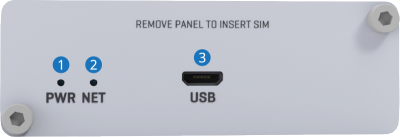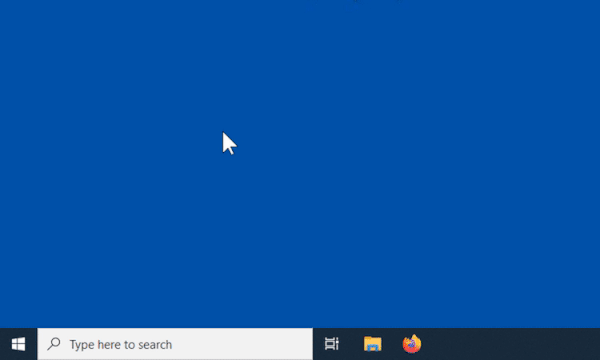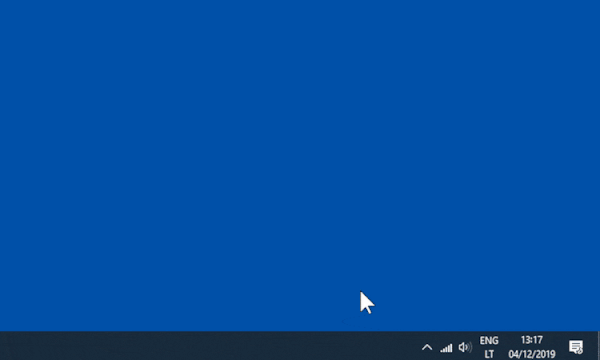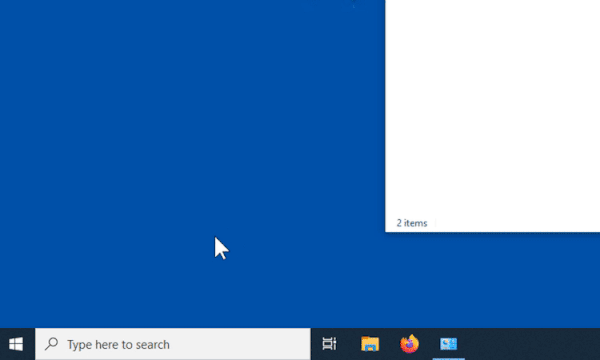TRM250 First Start: Difference between revisions
No edit summary |
Gytispieze (talk | contribs) m (Text replacement - "utilixation" to "utilization") |
||
| (17 intermediate revisions by one other user not shown) | |||
| Line 1: | Line 1: | ||
This Wiki page contains the online version of the '''Quick Start Guide''' ('''QSG''') for the '''TRM250 LTE | This Wiki page contains the online version of the '''Quick Start Guide''' ('''QSG''') for the '''TRM250 LTE modem'''. Here you will find an overview of the various components found on the front and back sides of a TRM250 device, basic hardware installation, first login information, device specifications and general safety information. It is highly recommended that you acquaint yourself with the Quick Start Guide before using the device. If you own a TRM250 device, you can also find a printed version of the Quick Start Guide in the device's package. | ||
| Line 10: | Line 11: | ||
<th style="width: 50px;" >No.</th> | <th style="width: 50px;" >No.</th> | ||
<th style="width: 300px;">Description</th> | <th style="width: 300px;">Description</th> | ||
<th style="width: | <th style="width: 450px; border-bottom: 1px solid white;" rowspan="5">[[File:Modem_trm250_manual_panels_front_v1.png|right|400px|caption]]</th> | ||
</tr> | </tr> | ||
<tr> | <tr> | ||
| Line 18: | Line 19: | ||
<tr> | <tr> | ||
<td>2</td> | <td>2</td> | ||
<td> | <td>Network LED</td> | ||
</tr> | </tr> | ||
<tr> | <tr> | ||
<td>3</td> | <td>3</td> | ||
<td> | <td>USB connector</td> | ||
</tr> | </tr> | ||
<tr style="border: 0"> | <tr style="border: 0"> | ||
| Line 30: | Line 31: | ||
</table> | </table> | ||
==Back view== | ==Back view== | ||
| Line 37: | Line 37: | ||
<th style="width: 50px;" >No.</th> | <th style="width: 50px;" >No.</th> | ||
<th style="width: 300px;">Description</th> | <th style="width: 300px;">Description</th> | ||
<th style="width: | <th style="width: 450px; border-bottom: 1px solid white;" rowspan="5">[[File:Modem_trm240_manual_panels_back_v1.jpg|right|400px|caption]]</th> | ||
</tr> | </tr> | ||
<tr> | <tr> | ||
<td>1</td> | <td>1</td> | ||
<td>Mobile antenna connector</td> | <td>Mobile antenna connector</td> | ||
</tr> | </tr> | ||
<tr style="border: 0"> | <tr style="border: 0"> | ||
| Line 68: | Line 48: | ||
</tr> | </tr> | ||
</table> | </table> | ||
==TRM driver install on Windows== | |||
Watch the instructional GIF below to learn how to install TRM driver. | |||
[[File:TRM_driver_install_guide.gif]] | |||
==Mobile Internet Activation== | |||
<br> | |||
In network connection window automatically creates a cellular network. | |||
*Click on the Windows start button. | |||
*Go to Network & Internet settings. | |||
*Activate the mobile data by clicking on the Mobile button. | |||
<br> | |||
[[File:TRM-connect-device.gif]] | |||
<br> | |||
<br> | |||
===Add APN=== | |||
---- | |||
<br> | |||
If you need to enter APN settings: | |||
*Right-click on Mobile. | |||
*Go to Mobile -> Advance options. | |||
*Add a new APN in APN settings by clicking on the "Add an APN" button. | |||
*Enter the required information and save. | |||
<br> | |||
[[File:TRM-APN-settings.gif]] | |||
<br> | |||
<br> | |||
===Testing Mobile connection=== | |||
---- | |||
<br> | |||
Testing mobile internet connection: | |||
* Open the Command Prompt. | |||
* After typing ping 8.8.8.8 there should be an answer. | |||
<br> | |||
[[File:TRM-ping-test.gif]] | |||
<br> | |||
<br> | |||
==Safety information== | ==Safety information== | ||
TRM250 modem must be used in compliance with any and all applicable national and international laws and with any special restrictions regulating the utilization of the communication module in prescribed applications and environments. | |||
{| class="wikitable" | {| class="wikitable" | ||
|+ | |+ | ||
! | ! colspan="2" style="background: white;" |Radio specifications | ||
|- | |- | ||
| style="text-align: left; background: white;" | | | style="text-align: left; background: white;" |RF technologies | ||
| style="text-align: left; background: white;" | | | style="text-align: left; background: white;" |EGPRS, NB-IoT, LTE (Cat-M1) | ||
|- | |- | ||
| style="text-align: left; background: white;" |Max. RF power | |||
| style="text-align: left; background: white;" |33 dBm@GSM, 24 dBm@WCDMA, 23 dBm@LTE | |||
|- | |- | ||
! colspan="2" style="background: white;" |Bundled accessories specifications<span class="asterisk">*</span> | |||
|- | |- | ||
| style="text-align: left; background: white;" | GSM | | style="text-align: left; background: white;" |GSM/LTE antenna | ||
| style="text-align: left; background: white;" | 698~ | | style="text-align: left; background: white;" |698~960/1710~2690 MHz, 50 Ω, VSWR<3, gain** 3 dBi, omnidirectional, SMA male connector | ||
|- | |- | ||
|} | |} | ||
Latest revision as of 13:38, 17 August 2022
Main Page > TRM Modems > TRM250 > TRM250 First StartThis Wiki page contains the online version of the Quick Start Guide (QSG) for the TRM250 LTE modem. Here you will find an overview of the various components found on the front and back sides of a TRM250 device, basic hardware installation, first login information, device specifications and general safety information. It is highly recommended that you acquaint yourself with the Quick Start Guide before using the device. If you own a TRM250 device, you can also find a printed version of the Quick Start Guide in the device's package.
Front view
| No. | Description |  |
|---|---|---|
| 1 | Power LED | |
| 2 | Network LED | |
| 3 | USB connector | |
Back view
| No. | Description |  |
|---|---|---|
| 1 | Mobile antenna connector | |
TRM driver install on Windows
Watch the instructional GIF below to learn how to install TRM driver.
Mobile Internet Activation
In network connection window automatically creates a cellular network.
- Click on the Windows start button.
- Go to Network & Internet settings.
- Activate the mobile data by clicking on the Mobile button.
Add APN
If you need to enter APN settings:
- Right-click on Mobile.
- Go to Mobile -> Advance options.
- Add a new APN in APN settings by clicking on the "Add an APN" button.
- Enter the required information and save.
Testing Mobile connection
Testing mobile internet connection:
- Open the Command Prompt.
- After typing ping 8.8.8.8 there should be an answer.
Safety information
TRM250 modem must be used in compliance with any and all applicable national and international laws and with any special restrictions regulating the utilization of the communication module in prescribed applications and environments.
| Radio specifications | |
|---|---|
| RF technologies | EGPRS, NB-IoT, LTE (Cat-M1) |
| Max. RF power | 33 dBm@GSM, 24 dBm@WCDMA, 23 dBm@LTE |
| Bundled accessories specifications* | |
| GSM/LTE antenna | 698~960/1710~2690 MHz, 50 Ω, VSWR<3, gain** 3 dBi, omnidirectional, SMA male connector |
* Order code dependent.
** Higher gain antenna can be connected to compensate for cable attenuation when a cable is used. The user is responsible for the compliance with the legal regulations.
This sign on the package means that is necessary to read the User's Manual before you start using the device





